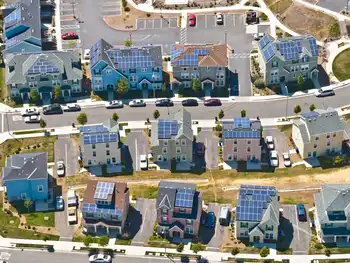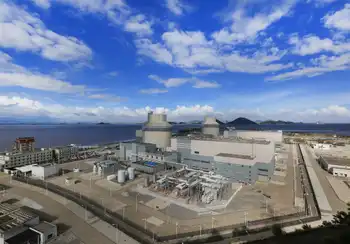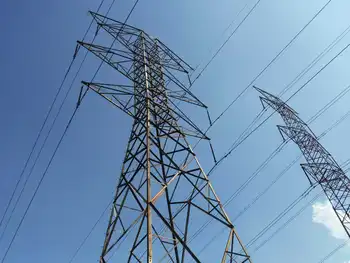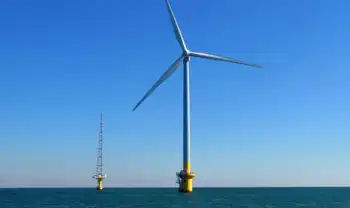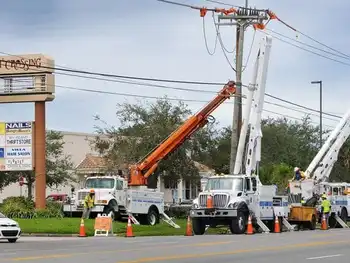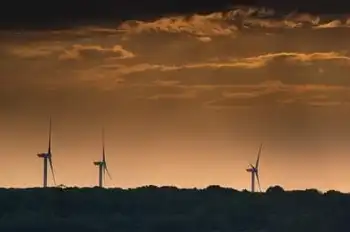Tri-State's renewable energy plan praised
By Denver Post
NFPA 70e Training - Arc Flash
Our customized live online or in‑person group training can be delivered to your staff at your location.

- Live Online
- 6 hours Instructor-led
- Group Training Available
The Colorado-based utility that serves 1.4 million customers in four states has been criticized by environmentalists and some of its members for not producing more energy from renewable sources.
But the utility said that it's reevaluating its plans because of uncertainty around proposed coal plants. Tri-State had planned to buy power from two coal-fired plants proposed in Kansas, but state officials there have blocked construction because of concerns about potential carbon dioxide emissions and climate change.
So, Tri-State said it will expand its energy-efficiency programs and invest more in renewable energy and natural gas.
Tri-State currently gets 71 percent of its power from coal and only 1 percent from such renewable energy sources as wind and solar.
"As president of an electric co-op that's part of Tri-State, it's encouraging to see our power provider taking steps to boost efficiency and increase the use of renewables," said Wes Perrin of Telluride, president of the San Miguel Power Association board. "My hope is that this short-term commitment to clean energy also becomes the foundation of Tri-State's long-term resource plan."
It's natural for Tri-State and other co-ops, founded to provide electricity to rural America, to boost the economy for rural areas by investing in renewable energy projects, said Mike Bowman, an eastern Colorado farmer and member of 25X25, a national renewable energy advocacy group.
Tri-State, based in the Denver suburb of Westminster, supplies wholesale power to a total of 44 electric cooperatives in Colorado, Nebraska, New Mexico and Wyoming.
Environmentalists want the Colorado Public Utilities Commission to regulate Tri-State to ensure that it complies with a state law requiring co-ops to get 10 percent of their power from renewable sources by 2020.
For now, Tri-State doesn't need PUC approval to build power plants because it's an interstate business and is overseen by several federal agencies. The company has said the effort to place it under state oversight "lacks legal merit."
John Nielsen, energy project director for the environmental group Western Resource Advocates, said his group continues to support the push to ensure that "Tri-State's resource plan is in line with a unified Colorado energy policy."





